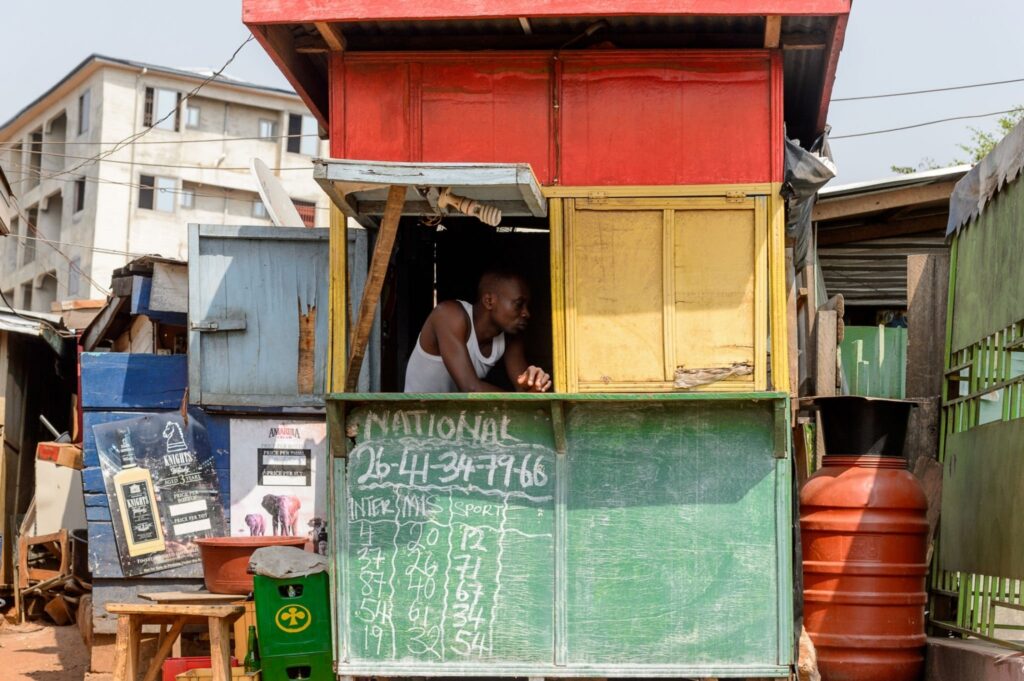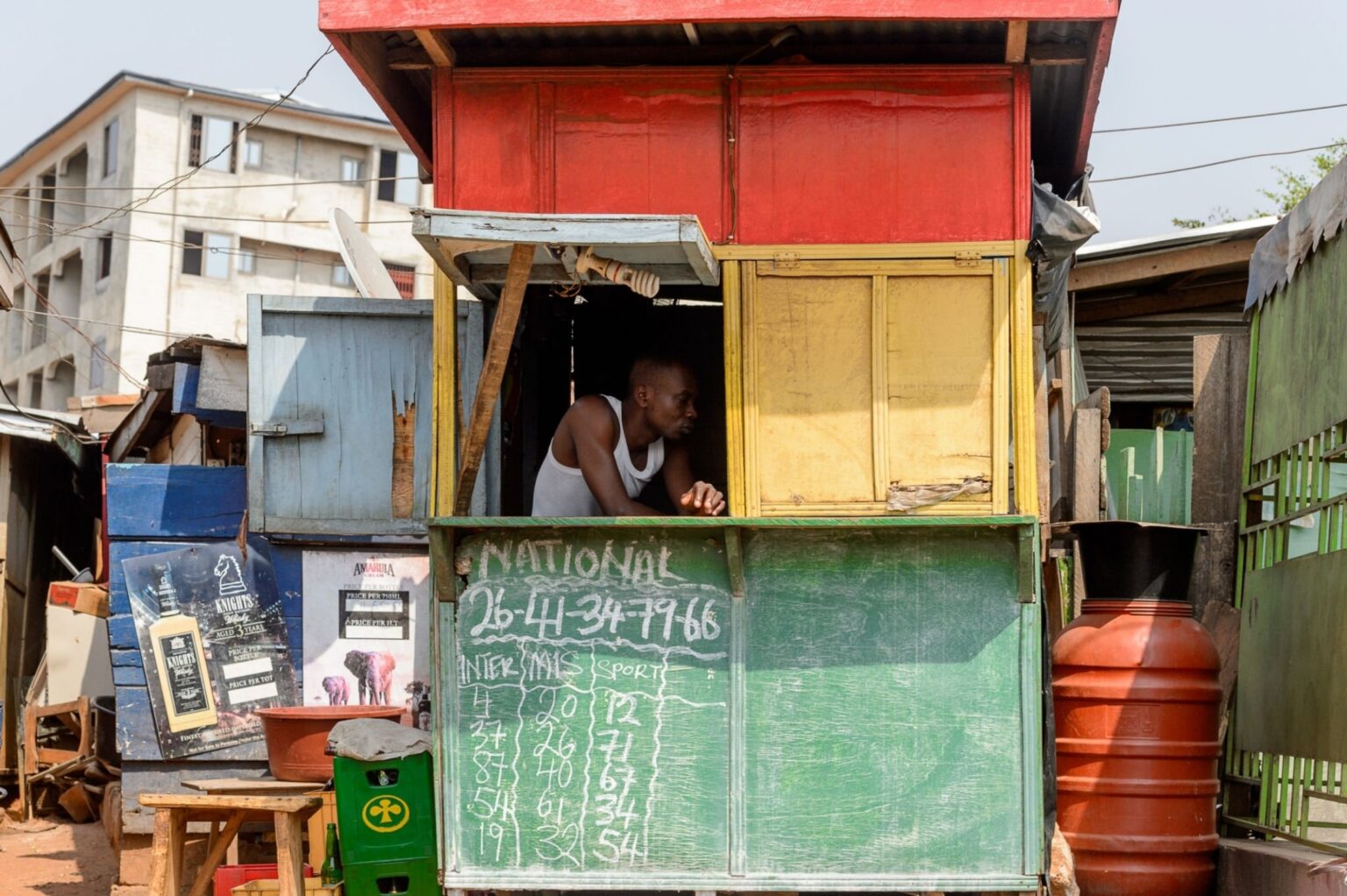It is a well-known old wives’ tale in Nigerian that your cooking gas and other supplies often finish at the most ill-conceived time, making sure that you have to jump through hoops just to restock. This is a story of one such time.
Today, after a long day of meetings and deadlines, I finally decided to make dinner as I was unable to get the chance to grab food all day and I was looking forward to a piping hot bowl of Jollof rice accompanied by an equally delicious plate of grilled chicken. After completing the required prep work to begin my journey to my dinner, I attempted to light my cooker and I was met with an unresponsive ignition. Given the time of day, I figured that my best bet was to walk 2 gates down to the kiosk where I could purchase a box of matches as my cooker also allows me to ignite it manually. However, my walk down the street was not the path to victory that I thought it would be..
Upon getting to the kiosk, I found Joshua’s kiosk closed for the first time since I moved to the area. I stood there for a few minutes looking confused and a group of older men sitting around the road took pity on me and explained that the kiosk owner decided to close of shop temporarily as he had not been getting customers lately. As I began my journey back home I found myself thinking about the average small business owner and how they are coping with the cash shortage.

Despite the attempts of the Central Bank of Nigeria and the 101 fintechs in Nigeria, thousands of businesses still operate solely on cash and during a time when cash at hand has been very limited these cash-centric businesses have come under immense strain. For people like you and I, the cash shortage is little more than a slight inconvenience because we are able to make bank transfers using our mobile phones or use our ATM cards to make purchases but for most Nigerians, it means an abrupt halt to their source of income.
Whilst the cash shortage has forced millions of people to embrace digital banking, it has also shown that the banking infrastructure in Nigeria does not have the capacity to handle the entire nation becoming a truly cashless society and this can be seen in the millions of failed POS transactions and the delays with the delivery of bank transfers. So imagine the implications when the millions of Joshuas across the country begin to use digital banking (mind you they would need to first be able to get into the physical banks first to create accounts, which for some would mean hours of travel to the nearest bank branch and then more hours of waiting in queues alongside those that need to enter the banks to get physical cash).
Sadly, the lives of the average Nigerian have been made harder as a result of the currency change but the policy has also shown a gap that needs to be filled as swiftly as possible.
P.S. I did eventually get my chicken and rice in case you were wondering.

